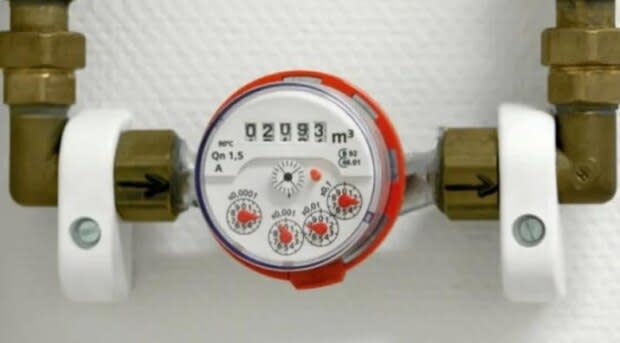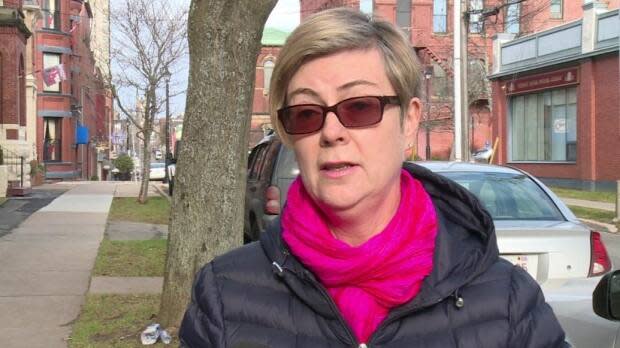Saint John report suggests pause on residential water meters
A Saint John Water report offers little hope the municipality can end its reign as the only city in eastern Canada with a population greater than 40,000 that does not have residential water meters.
It may not, however, come as soon as some hope.
Meters track the amount of water consumed in individual homes.
With metres, residents pay, at least partly, based on the amount of water they use. The system is an acknowledged way to reduce water consumption, lowering costs for those residents who conserve.
Saint John now charges a flat rate of $1,428 to the city's 14,000 water customers for water and sewerage. Other households are on wells.
The meter report, written by Saint John Water commissioner Brent McGovern, suggests universal water metering is likely far too costly to be implemented in the city anytime soon.
McGovern cites a study by Hemson Consulting. He says the costs to purchase and install water meters for all residential customers would be steep: $8.1 million, putting the total added cost for 14,000 water customers at somewhere between $915,000 to $985,000 annually.
As well, homeowner savings from lower water consumption would be mitigated by a "fixed charge" portion of the water and sewerage bill that would be independent of water use, amounting to 50 to 60 per cent of the current bill to ensure "fiscal stability for the city."
City needs to replace old pipes
The report, which was presented to the city's finance committee last month, also underlines a more pressing need for municipal spending, the repair or replacing of $70 million worth of aging pipes and water infrastructure, which is described as being in the "extreme risk category."

"It is recommended that the city of Saint John revisit the concept of universal metering in about five years, once more investment has been made in addressing the assets in the extreme risk category," wrote McGovern.
Council members sitting on the committee ignored that recommendation, passing a motion by Coun. Donna Reardon for city staff to investigate alternative funding and grant sources.
An updated report is expected to be delivered in January.
"I think [five years] is too far out," Reardon said this week. "I think people want it and so I think there's a good reason to explore it now."
"A lot of people want a water meter because, they claim, that they don't use much water, and they don't feel that the flat rate is a fair way to charge them for water."
Having said that, Reardon noted the city must be able to recover costs for water treatment.
"We still need to make 'x' number of dollars for the water system at the end of the day. So if you charge by the cubic metre or a flat rate, you still need to be able to get to 'x'."
Ecofiscal is a national organization promoting "practical fiscal solutions" that work for both the environment and the economy.
Keeping water costs affordable
Jonathan Arnold is a senior research associate with the organization.
He acknowledges the importance of keeping drinking water costs affordable to consumers, but says meters will encourage consumers to use less water, reducing treatment costs and wear and tear on the system.
He recommends they remain in the picture for installation as soon as possible.

"I don't think you can manage water without being able to measure it," said Arnold.
Universal water metering has been on the radar in Saint John for decades.
In 2013, the city seemed well on its way with a report to city council announcing the beginning of a process "which would move the utility to full metering of all customers."
On Feb. 11, 2013, a contract for $1.2 million was approved by council to Scotia Tech Fluid services to install radio frequency meter reading infrastructure on top of three water towers and to convert the city's commercial customers to the new system.
By 2014 the residential side of the plan had been shelved.

